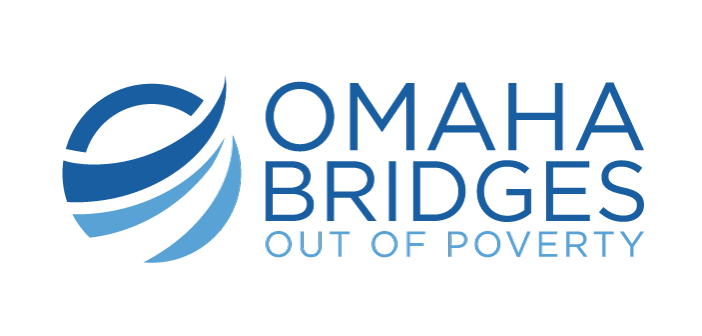Omaha Bridges Out of Poverty Takes Getting Ahead Program into Workplaces
Omaha Bridges Out of Poverty (omabop.org) will be taking their Getting Ahead curriculum into the workplace. This program has seen phenomenal success in the classroom, and now it’s time to take it a step further. By collaborating with over 100 other agencies and organizations within the area, the 10- week (4 hours/week) Getting Ahead program is able to be offered in English and Spanish across the metro. After the classes, Omaha Bridges will place Success Coaches in the workplace to connect employees to needed resources. The result: lower turnover, less absenteeism, and employee-graduates obtaining great life skills, i.e., problem solving, time management, goal setting, controlling emotions, and personal financial management. Simply put, employees are more stable and productive. In other communities, employers report a 200-400% ROI from dollars invested in Getting Ahead in the Workplace.
“We take the classes to where the people are,” said Omaha Bridge’s Volunteer CEO and Founder Roger Howard, “and now we are moving into the workplace with several major employers.”
In addition, Omaha Bridges Out of Poverty has announced a partnership with UNMC to study the health improvements in graduates of the organization’s Getting Ahead in the Workplace program. The negative impacts of poverty on health status are well documented, so Omaha Bridges Out of Poverty seeks to measure the positive health impact of Getting Ahead and replicate it across the metro, hopefully addressing health disparities and driving down the cost of care.
To date, the Getting Ahead program has seen the following results:
- 591 graduates
- 94% graduation rate
- $18,000 average increased income
- Solid progress in 15 factor Stability Scale
The Bridges Out of Poverty model defines poverty, not just as the lack of money but as the extent to which an individual lives without resources in defined key areas. The Bridges model is a holistic approach that empowers the individuals to lift themselves out of poverty to a stable, self-sufficient lifestyle. It’s not about giving people fish, it’s about teaching them how to fish. To learn more or get behind this mission, visit omabop.org or contact (402) 884-9665 / info@omabop.org.

